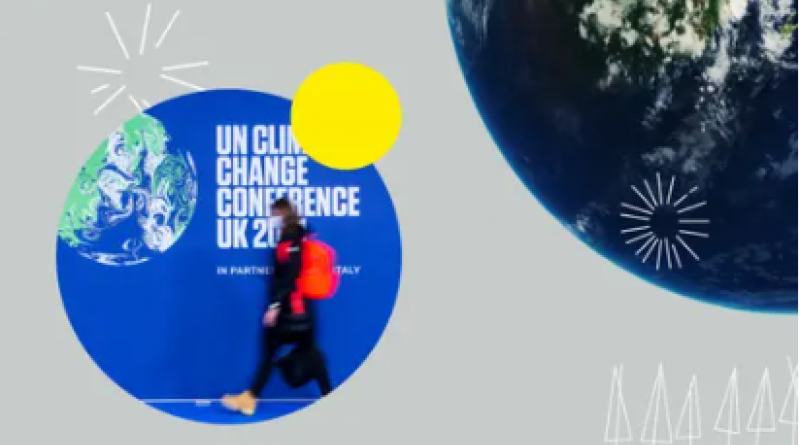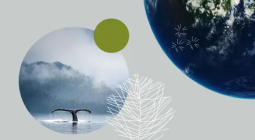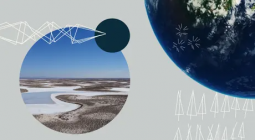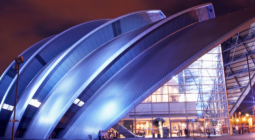What happened at Cop26 – DAY ELEVEN at a glance

Summary of the main developments on the 11th day of the UN climate summit in Glasgow
The optimism around the US-Chinese deal announced on Wednesday to cut emissions was dampened by the UN secretary general António Guterres’s criticism of the lack of ambition at the summit. Guterres also called for an end to the trillions in subsidies given to the fossil fuel industry.
A draft text agreement on the summit was criticised by the Cop president, Alok Sharma, as unsatisfying in its current form.
A poll published this morning found fewer than one in five Britons think politicians will get the job done, with only 17% saying they trust UK policymakers.
Pledges announced at Glasgow on methane, coal, transport and deforestation could nudge the world 9% closer to a pathway that keeps heating to 1.5C, according to a study by the world’s most respected climate analysis coalition, Climate Action Tracker. But it still leaves the world heading towards climate catastrophe.
The Ugandan activist Vanessa Nakate has been giving a voice to those on the frontline of the climate crisis. “We are drowning in promises. Promises will not stop the suffering of people. Only immediate and drastic action will pull us back from the abyss,” she said.
Meanwhile, Australia’s former Cop negotiator has criticised his country as a climate problem nation in the ranks of Saudi Arabia and Russia. Richie Merzian said all Canberra had brought to Cop was “good coffee”.
Scottish first minister, Nicola Sturgeon, has been under pressure over Scotland’s failure to join a new alliance that aims to phase out fossil fuels, despite her rhetoric on climate justice and photographs with Greta Thunberg. The UK government has also decided not to join the alliance.
Finally, with one day to go, scientists have been speaking of their optimism and anxiety at the progress being made at the conference. While warning that the speed of action was worrying, they believed world leaders were listening to the need to act.
Fifteen years ago you had to be up in the Arctic or in a low-lying island to experience climate change. Today, wherever we live we are seeing the impacts and governments are responding.
11 November 2021
The Guardian




